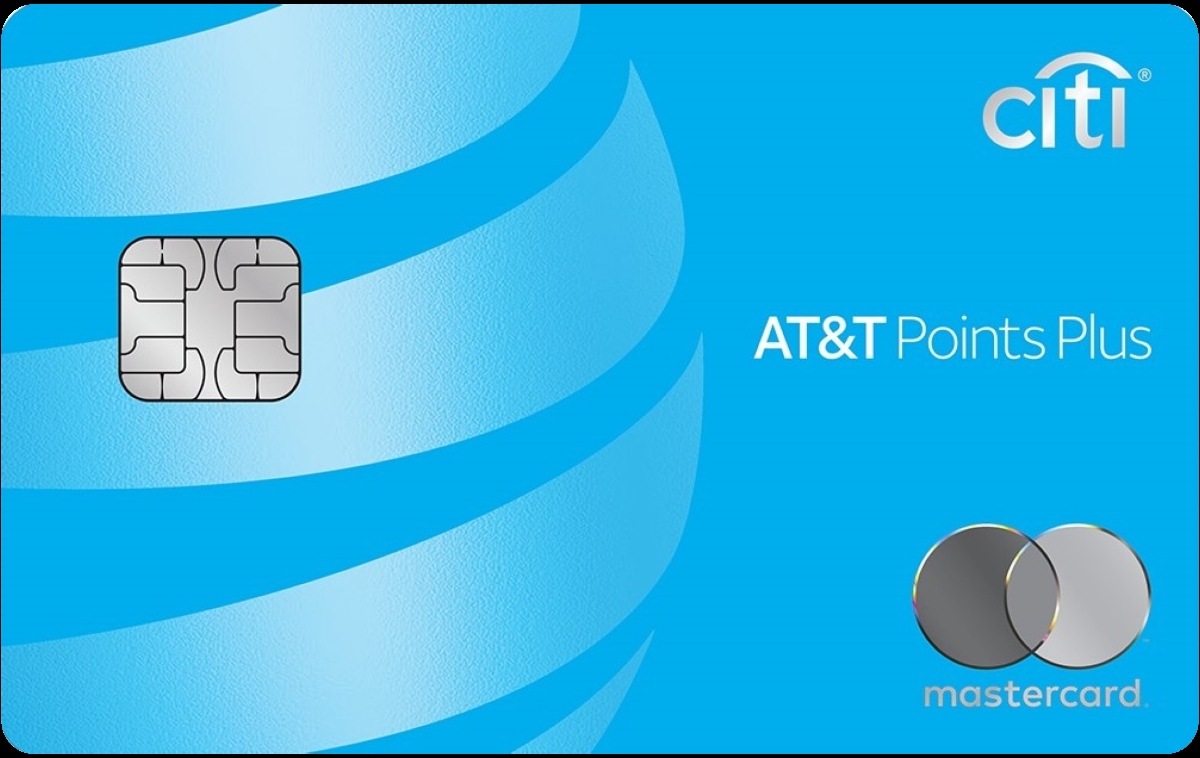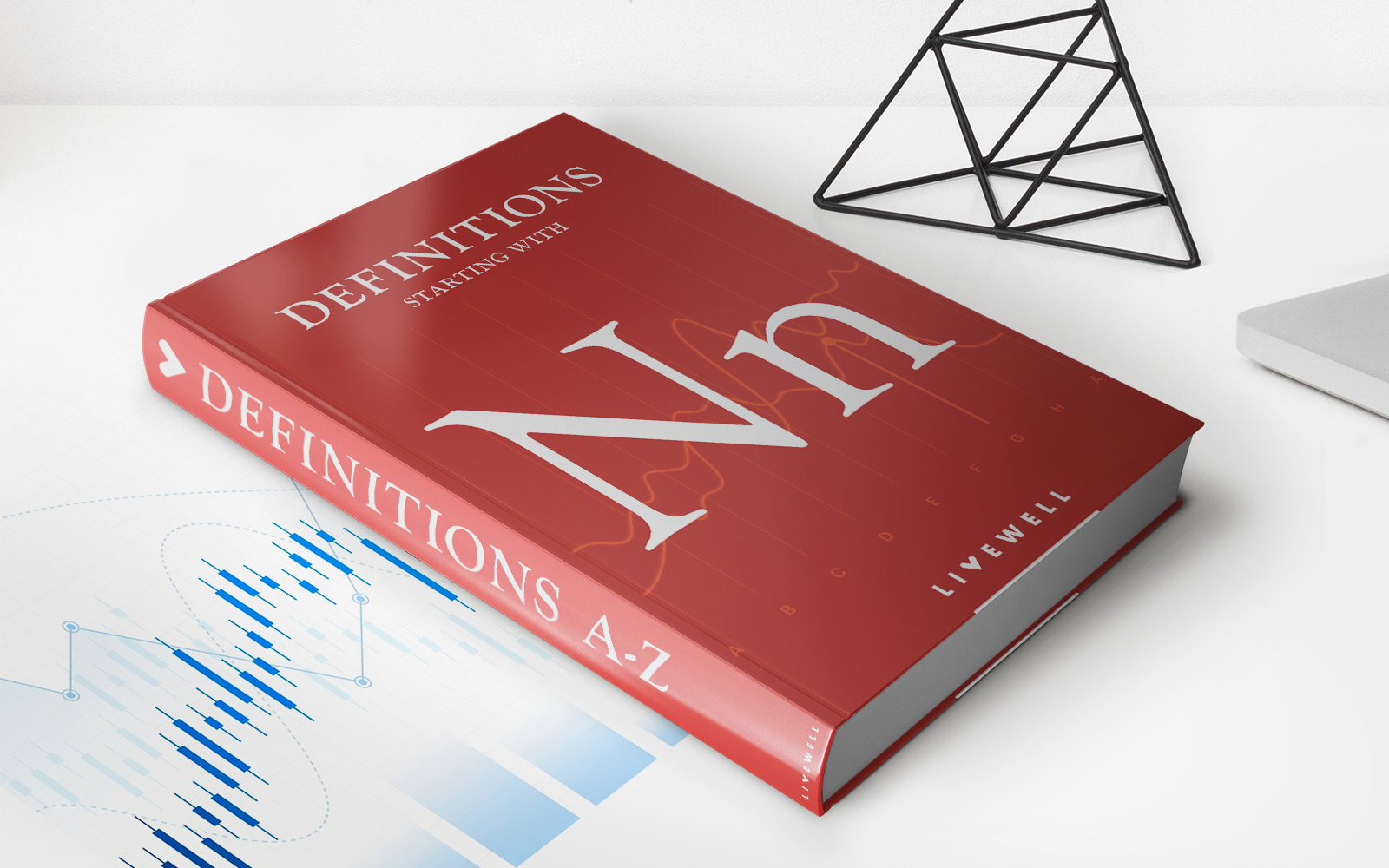

Finance
What Credit Bureau Does Discover Use
Published: January 12, 2024
Discover uses multiple credit bureaus to determine your creditworthiness. Understanding which bureau they use can help you make informed financial decisions.
(Many of the links in this article redirect to a specific reviewed product. Your purchase of these products through affiliate links helps to generate commission for LiveWell, at no extra cost. Learn more)
Table of Contents
Introduction
When it comes to managing your finances, having a clear understanding of your credit history is essential. Your credit history plays a crucial role in determining your financial health and the opportunities available to you. It affects your ability to secure loans, obtain favorable interest rates, and even influence your chances of renting an apartment or getting a job.
One of the key players in the world of credit reporting is Discover, a prominent financial institution known for its credit cards, banking services, and personal loans. Discover is committed to providing its customers with transparent and reliable financial solutions. As part of its commitment, Discover utilizes the services of credit bureaus to gather and report credit information accurately.
In this article, we will explore the credit reporting practices of Discover and shed light on the credit bureaus they use to obtain credit information. Understanding the credit bureaus Discover works with can help you gain insights into how your credit information is collected and utilized when you apply for a Discover credit card or any other financial product.
Before diving into the specific credit bureaus used by Discover, let’s first have a brief overview of credit bureaus and their role in the credit reporting industry.
Overview of Credit Bureaus
Credit bureaus, also known as credit reporting agencies, play a crucial role in the financial ecosystem by collecting and maintaining credit information about individuals and businesses. These bureaus gather data from various sources, including lenders, credit card companies, and public records, to create comprehensive credit reports for consumers.
The primary function of credit bureaus is to compile and organize credit data into credit reports, which provide a snapshot of an individual’s financial history and creditworthiness. These reports include information such as credit accounts, payment history, outstanding balances, and any negative information like late payments or bankruptcies.
There are three major credit bureaus in the United States: Equifax, Experian, and TransUnion. These agencies are responsible for generating credit scores and managing credit information for millions of consumers.
Equifax is one of the oldest and most well-known credit bureaus. It collects data from various sources and provides credit reports to lenders, businesses, and individuals. Experian is another major credit bureau that gathers and analyzes credit information to generate credit reports and scores. TransUnion, the third major credit bureau, operates in a similar manner, providing credit information and scores to consumers and businesses.
It’s important to note that credit bureaus are separate entities from financial institutions like Discover. While credit bureaus gather and compile the credit information, financial institutions like Discover use this information to assess creditworthiness and make lending decisions.
Now that we have a basic understanding of credit bureaus, let’s explore Discover’s credit reporting practices and the specific credit bureaus they utilize.
Discover’s Credit Reporting Practices
Discover is committed to providing accurate and reliable credit information to its customers. As a responsible financial institution, Discover follows industry best practices and complies with regulatory guidelines when it comes to reporting credit information. This ensures that the credit information provided by Discover to credit bureaus is fair, accurate, and up-to-date.
Discover regularly reports credit information to all three major credit bureaus: Equifax, Experian, and TransUnion. This comprehensive reporting helps to ensure that your credit information is consistently updated across all credit reporting agencies.
When you use a Discover credit card or other financial products, your account activity and payment history are reported to the credit bureaus on a monthly basis. This includes information such as your credit limit, outstanding balance, and whether you make your payments on time. Positive account activity, such as consistent on-time payments and low credit utilization, can help boost your credit score over time.
If you have a Discover credit card and wish to monitor your credit score, Discover provides its customers with free access to their FICO® Credit Score. This score is based on the data gathered by Discover and reported to the credit bureaus. By regularly monitoring your credit score, you can stay informed about your creditworthiness and take steps to improve it if necessary.
It’s important to note that while Discover reports credit information to the major credit bureaus, it is just one piece of the puzzle. Other financial institutions you have relationships with, such as banks or lenders, may also report your credit information to credit bureaus. Therefore, it’s crucial to maintain good financial habits across all your credit accounts to ensure a positive credit profile.
Next, let’s explore the specific credit bureaus Discover uses to report credit information.
Credit Bureaus Used by Discover
Discover utilizes the services of the three major credit bureaus – Equifax, Experian, and TransUnion – to report credit information. By reporting to all three bureaus, Discover ensures that your credit data is consistently updated across different credit reporting agencies.
Each credit bureau has its own reporting methods and algorithms for generating credit scores. Therefore, it’s important to note that your credit score may vary slightly between bureaus due to differences in their scoring models and the specific credit information reported by Discover to each bureau.
Discover provides comprehensive credit reporting to Equifax, Experian, and TransUnion, ensuring that your credit activities and payment history are properly reflected in your credit reports. This broad reporting coverage helps lenders and other financial institutions gain a holistic view of your creditworthiness when you apply for credit or loans.
It’s worth mentioning that while Discover reports credit information to all three major credit bureaus, each bureau is an independent entity responsible for managing their respective credit databases. Therefore, it’s possible that there may be slight variations in the data reported by Discover to each bureau due to differences in reporting timelines or data processing.
Discover’s proactive approach to reporting credit information to multiple credit bureaus demonstrates their commitment to providing accurate and consistent credit information that reflects your credit history and financial behavior.
Now that we understand the credit bureaus used by Discover, let’s delve into the factors Discover considers when making credit decisions.
Factors Considered by Discover in Credit Decisions
When making credit decisions, Discover takes into consideration various factors to assess an individual’s creditworthiness. These factors help Discover determine the level of risk associated with extending credit to a particular individual. While specific criteria may vary, here are some common factors Discover considers:
- Credit History: Discover reviews your credit history to assess how you have managed your credit in the past. This includes looking at the length of your credit history, the types of credit accounts you have, and your payment history.
- Credit Score: Discover considers your credit score, which is a numerical representation of your creditworthiness based on the information in your credit report. A higher credit score indicates a lower risk, making you a more favorable candidate for credit.
- Debt-to-Income Ratio: Discover examines your debt-to-income ratio, which compares your monthly debt payments to your monthly income. This ratio helps determine your ability to manage additional debt and make timely payments.
- Income and Employment: Discover evaluates your income and employment status to assess your capacity to repay a loan or credit card balance. A stable income and regular employment can positively impact your creditworthiness.
- Recent Credit Inquiries: Discover considers the number of recent credit inquiries on your credit report. Multiple credit inquiries within a short period may indicate a higher credit risk.
- Payment History: Discover looks at your payment history to see if you have a record of making on-time payments. Consistent, timely payments demonstrate responsible financial behavior.
By analyzing these factors, Discover can make informed credit decisions and determine the most suitable credit products and terms for each individual applicant. It’s important to keep in mind that meeting Discover’s credit criteria doesn’t guarantee approval, as each application is evaluated on a case-by-case basis.
Understanding the factors considered by Discover can help individuals improve their creditworthiness over time. By maintaining a positive payment history, managing debts responsibly, and ensuring a stable income, individuals can increase their chances of being approved for Discover credit products and receive favorable terms.
Now, let’s conclude with a summary of the key points discussed in this article.
Conclusion
In summary, Discover is dedicated to providing accurate and reliable credit information to its customers. As part of this commitment, Discover reports credit information to all three major credit bureaus – Equifax, Experian, and TransUnion. This comprehensive reporting ensures that your credit activity and payment history are accurately reflected in your credit reports across all bureaus.
By utilizing the services of these credit bureaus, Discover aims to provide lenders and other financial institutions with a complete picture of your creditworthiness. This helps them assess the level of risk associated with granting credit and make informed decisions regarding credit approvals and interest rates.
Discover considers various factors when making credit decisions, including credit history, credit score, debt-to-income ratio, income and employment, recent credit inquiries, and payment history. By analyzing these factors, Discover can assess an individual’s ability to handle additional credit responsibly and determine the most suitable credit products and terms for each applicant.
It’s important for individuals to understand how their credit information is gathered, reported, and utilized when applying for credit products. Regularly monitoring your credit reports and scores can provide valuable insights into your financial health and help you make informed decisions to improve your creditworthiness.
While Discover is just one financial institution in the vast landscape of credit reporting, their commitment to accurate and transparent credit reporting fosters trust and confidence among their customers. By maintaining responsible financial habits, individuals can improve their credit profiles and increase their chances of being approved for Discover credit products with favorable terms.
Remember, your credit history and creditworthiness are valuable assets, so it’s crucial to manage them wisely. By staying informed and taking proactive steps to improve your credit, you can navigate the financial landscape with confidence and achieve your financial goals.














